The Smartphone Behavior Hurting Your Relationships
We take better care of our smartphone than ourselves. — Arianna Huffington
A finding that might shock you: on average, people spend 20% of their entire waking day looking at their phone.
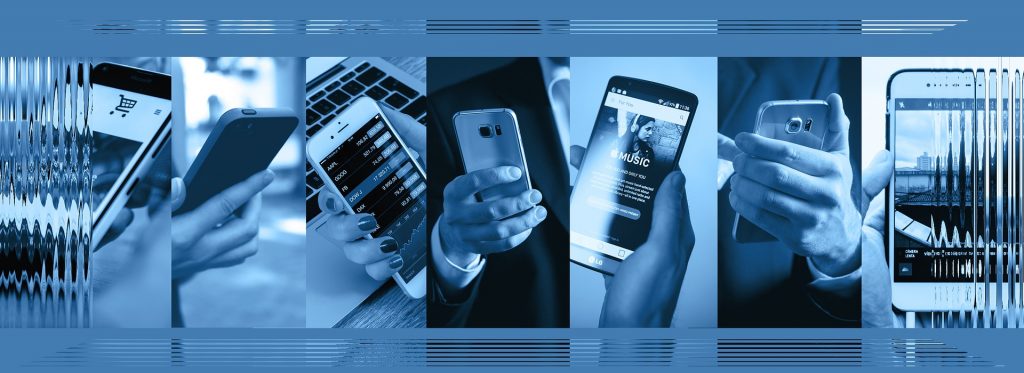
Probably one of the biggest changes in human behavior over the last two decades has been the use of the cell phone. But like most technology, we only became aware of its negative consequences after it was well-integrated into our lives.
Although cell phones have provided us with numerous advantages, researchers have also identified numerous costs to their usage. And one particular cost is referred to as phubbing.
A FUNNY (BUT NOW REAL) WORD
The term phubbing was invented around 2016 and combines the terms “phone” and “snubbing” to create this odd-looking (but real) word. Essentially, it describes the act of someone using or looking at their cell phone while engaged in a social setting with others.

For example, maybe you’re at a café with friends or watching a movie with a romantic partner. Rather than being focused on the people around you or the movie in front of you, you’re on your phone. This is “phubbing.”
Now, lots and lots of research has shown that people really don’t like “phubbers.” (Surprisingly, yes, also a real word.) When someone is on their phone in a social setting, people rate this individual as less engaging, the conversation as less fulfilling, and it lowers perceptions of relationship quality. Other research has also identified additional, negative effects, too.
In particular, researchers have found that having your phone out impairs your memory – both when taking objective memory tests as well as during real-life experiences. In other words, both the phubber and non-phubber suffer from this behavior.
But here’s the most interesting part. Although nearly 90% of people report that it is bad to be on your phone in these social situations, nearly 90% of people also report doing it themselves!
So, what the heck?
THE BIAS BLINDSPOT
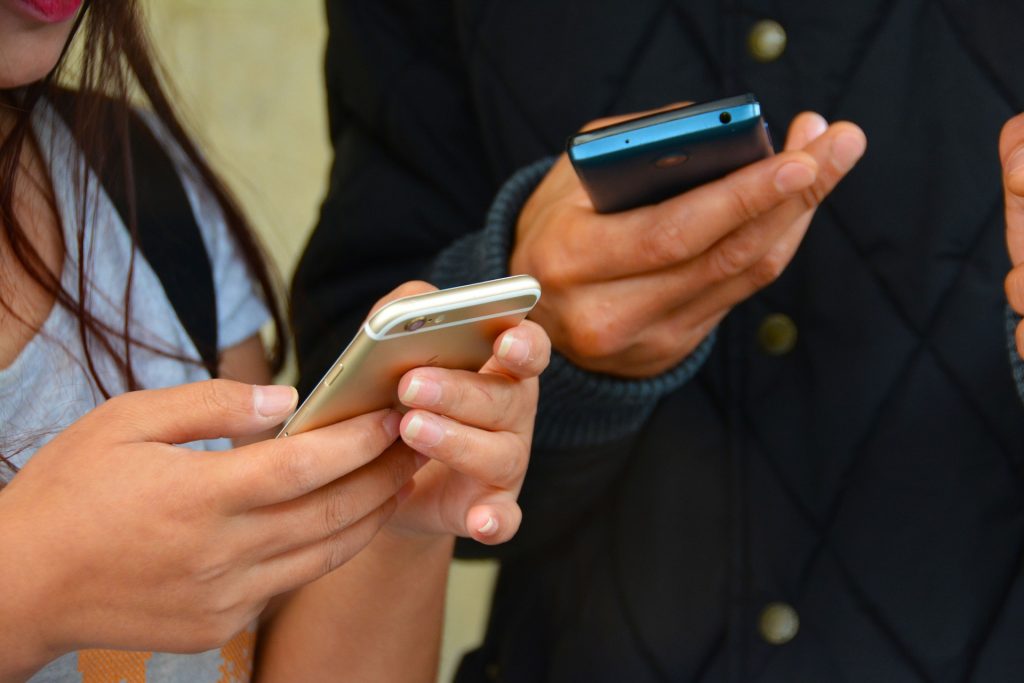
There are two primary reasons people engage in phubbing even though they themselves think this kind of behavior is “wrong” to do.
First, people assign different motives to the phubber depending on who it is.
If it’s someone else doing the phubbing, we think they’re distracted or bored or even rude. However, if it’s us doing the phubbing, we think we’re doing it for good reasons, like looking up relevant information or taking care of an important task.
Second, people tend to think they’re better at being on their phone than others.
If it’s someone else doing the phubbing, we think they’re doing the behavior frequently and that they’re not paying attention when they do. However, if it’s us doing the phubbing, we think we’re only doing it occasionally and that we’re better at multi-tasking than we actually are.
Through these two routes, then, people are able to criticize others’ phone behavior while justifying their own.
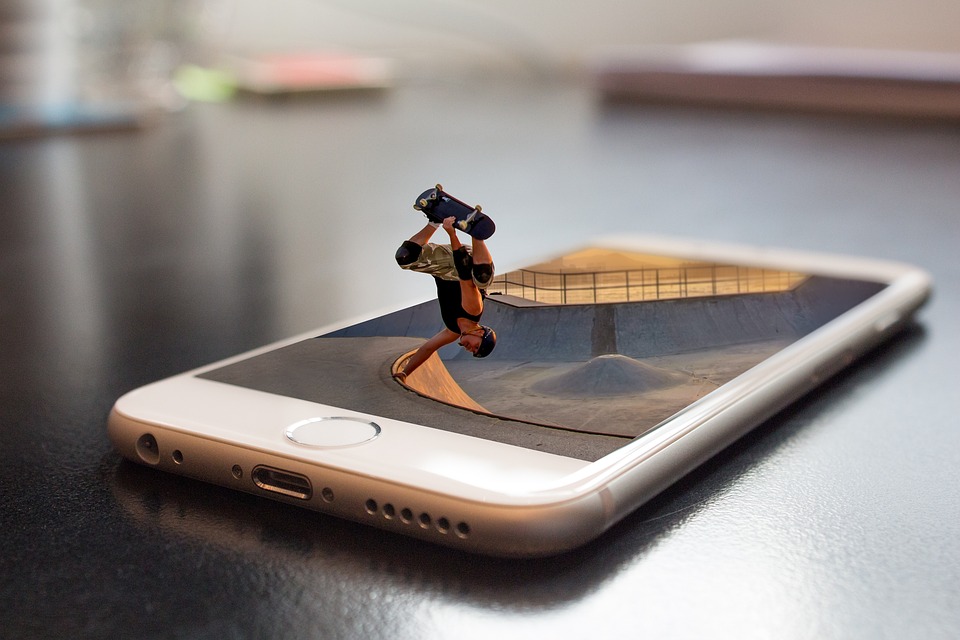
A SIMPLE SOLUTION
The first step to fixing a problem is usually becoming aware of it. However, with phubbing – as I discussed above – we are often not aware that it’s an issue for us personally.
So, the next time you’re in a social gathering, on the couch with a friend, waiting for a seat at a restaurant, try putting your phone away. Not only will it improve the other person’s impression of you, but it will also improve your own memory of and engagement with the experience itself!
Writing This on a Screen While in the Presence of Others,
Jake
Everyday Psychology: Because of smartphones these days, we often feel there’s never a moment we should be bored. Waiting for someone? Check Instagram. Being driven to work? Check Reddit. However, people often underestimate the value of being present and mindful with their own thoughts and experiences. Now at first, it can be kind of odd to sit there and do nothing, but once you try it out a few times, it will start to feel more natural – and better than being on your phone! So the next time someone leaves the table to use the restroom, don’t immediately pull out your phone. Waiting for the microwave to finish? Stand there and practice focusing on your breath. Taking these types of little “mindfulness” breaks will help to recharge your mind, make you more present, and be valuable for your overall wellbeing.
Barrick, E. M., Barasch, A., & Tamir, D. I. (2022). The Unexpected social consequences of diverting attention to our phones. Journal of Experimental Social Psychology, 101, 104344.
Tamir, D. I., Templeton, E. M., Ward, A. F., & Zaki, J. (2018). Media usage diminishes memory for experiences. Journal of Experimental Social Psychology, 76, 161-168.

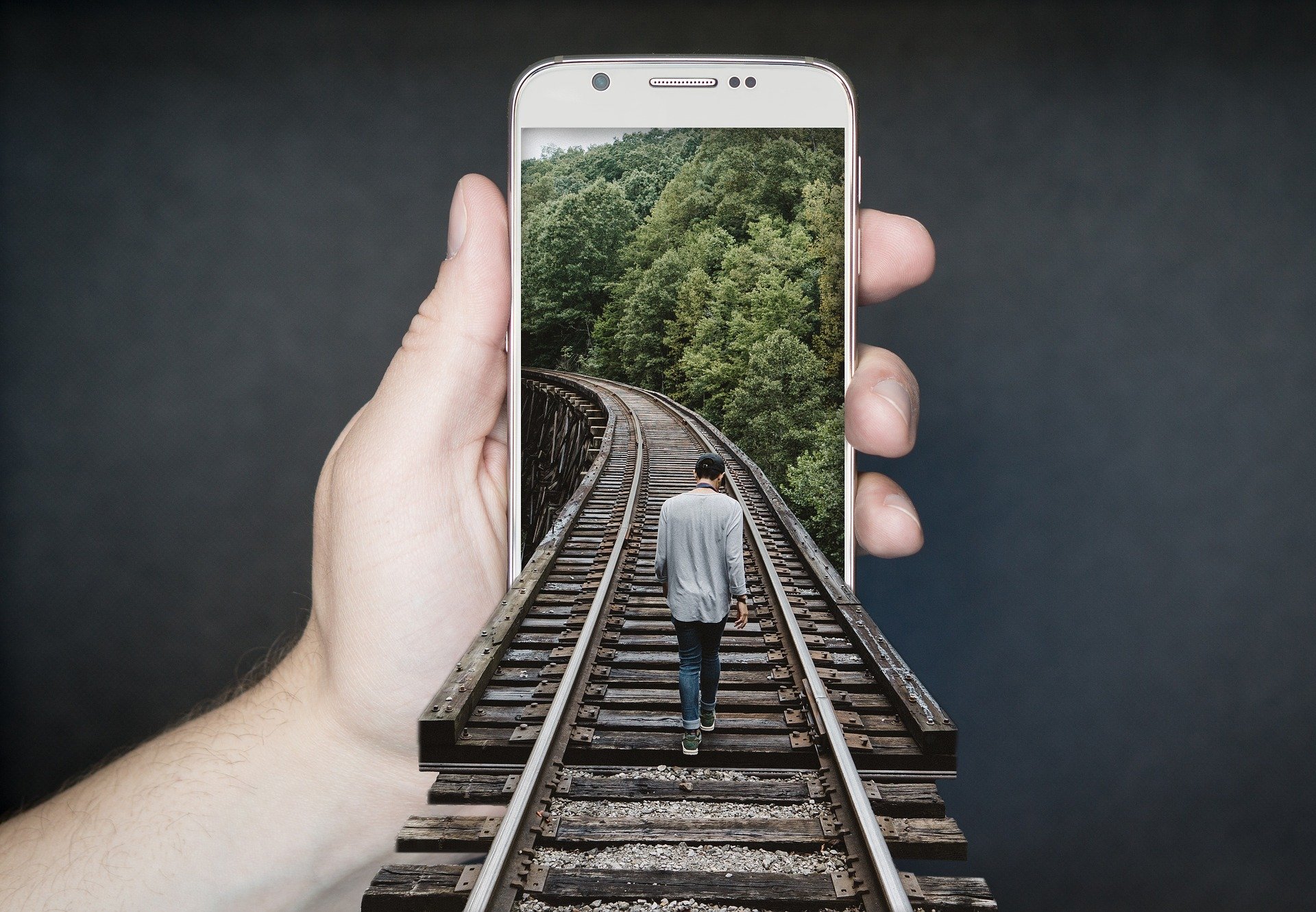





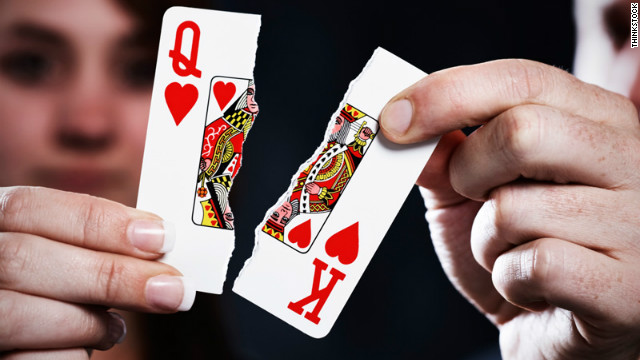
Hi,
Thank you Jake for this post.
It clearly explains the reason why I do not have a smartphone. Having a smartphone is a clear risk for me of being less present to my own lifetime, to my environment, to nature and people around me. I am a keen observer of what is around me. I love talking to strangers whenever the opportunity arises. I have a ‘standard’ cell phone for when I need it. Being present to the real world is my definition of life.
Virtual regards, still,
Anne
Anne, this is another great solution! haha No phone, no problems 😉 Although smartphones today offer many conveniences, they certainly help to remove our sense of presence in the world. (And getting that reminder on my phone about how long I’ve been looking at it a day is certainly testament to it.) Thanks for reading!
Anthony thought: Communicating the use for it BEFORE using it. Maybe it’s to help with the convo: “Let me see where Napoleon was actually born”. Or maybe it’s about plans you have later: “ hold on let me see where Sarah said we should meet her tonight.” Or maybe there is something you’re waiting on: “hey by the way my boss may call me and it’s urgent but just letting you know”
Sometimes valid uses occurs and I often feel communicating them helps both people understand!
Oh this is a great idea. I will definitely have to use this. In social psych, we’ll often talk about ‘attributional ambiguity,’ where it’s unclear what to attribute someone’s particular behavior to. As I discussed above, when we see someone else using their phone, the ambiguity of their usage tends to lead us to ascribe them a more negative attribution; so, I love your idea here of clearing the ambiguity and simply telling them why you’re doing it! So straightforward yet effective. Thank you for the great tip 😉